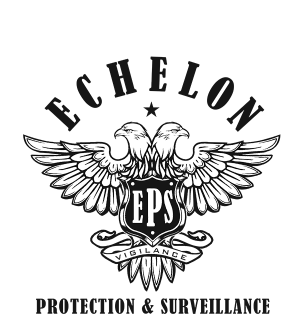 Child residential facilities in Pennsylvania play a crucial role in providing care and support for vulnerable children. These facilities serve as temporary homes for children removed from their families due to abuse, neglect, or unsafe living conditions. Ensuring the security of these facilities is of utmost importance to protect the well-being and safety of the children in their care.
Child residential facilities in Pennsylvania play a crucial role in providing care and support for vulnerable children. These facilities serve as temporary homes for children removed from their families due to abuse, neglect, or unsafe living conditions. Ensuring the security of these facilities is of utmost importance to protect the well-being and safety of the children in their care.
Understanding the Need for Security in Child Residential Facilities
The children served by child residential facilities are highly vulnerable. These children have already experienced trauma and need a safe, secure environment to heal and thrive. However, these facilities face potential risks and threats that can compromise the safety of the children. These risks include unauthorized access, violence, and even abduction. Security breaches in these facilities can have severe consequences on the well-being and development of the children, further exacerbating the trauma they have already experienced.
Pennsylvania’s Regulatory Framework for Child Residential Facilities Security
Pennsylvania has established a comprehensive regulatory framework to ensure the security of child residential facilities. The state has specific regulations and licensing requirements that facilities must adhere to in order to operate legally. These regulations cover various security aspects, including physical security measures, staff training and protocols, and cybersecurity measures. Compliance with these regulations is crucial to maintain the safety and well-being of the children in these facilities.
Best Practices for Security in Child Residential Facilities
The good news is that you can implement several best practices to ensure the security of child residential facilities.
Physical Security Measures
Physical security measures are essential to prevent unauthorized access and protect the children in these facilities. Access control systems and protocols, such as key cards or biometric scanners, can restrict entry to authorized personnel only. Surveillance cameras and monitoring systems can provide real-time monitoring of the facility, deterring potential threats and providing evidence in case of incidents. Finally, trained security guards can patrol the perimeter and further enhance the physical security of the facility with their presence. Alarm systems and emergency response plans should be in place to ensure a swift and effective response in case of emergencies.
Staff Training and Protocols
The staff working in child residential facilities should undergo thorough background checks and screening processes to ensure their suitability for working with vulnerable children. Training programs should be implemented to educate staff on recognizing and responding to security threats. Protocols for handling emergencies and crisis situations should be established and regularly practiced through drills and exercises. This will ensure that staff members are well-prepared to handle any security-related situation that may arise in the facility.
Conclusion
Ensuring the security of child residential facilities in Pennsylvania is essential to protect the well-being and safety of vulnerable children. By implementing physical security measures, hiring trained security guards, and providing staff training and protocols, these facilities can create a safe and secure environment for children to heal and thrive.
For more information on how our team at EPS Agents can help, please contact a member of our team today.


